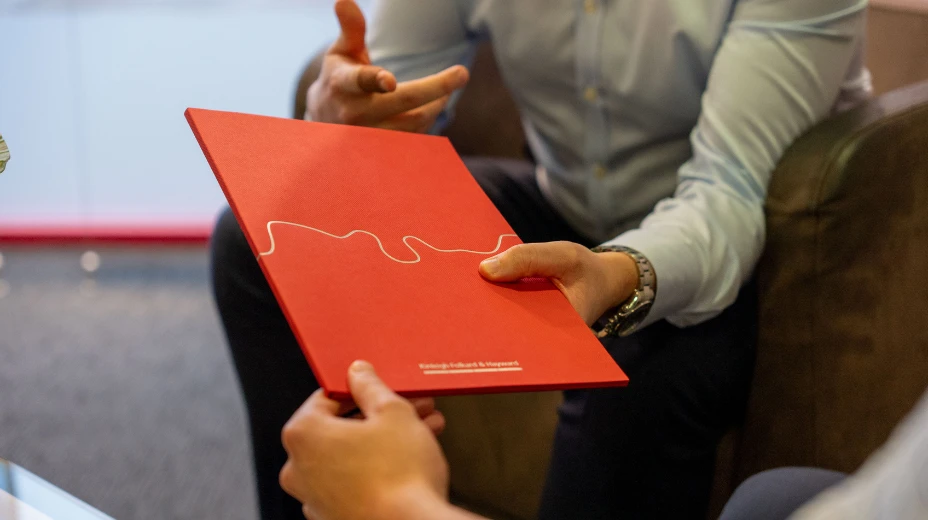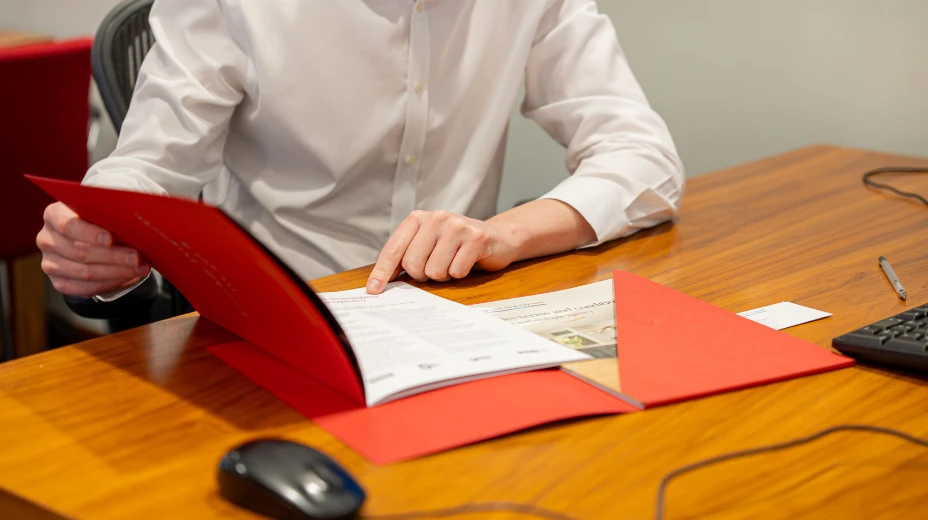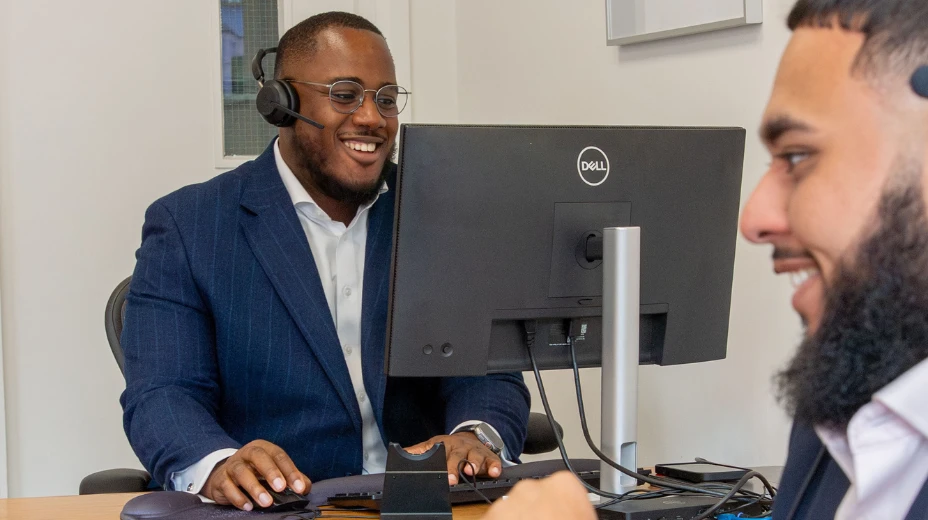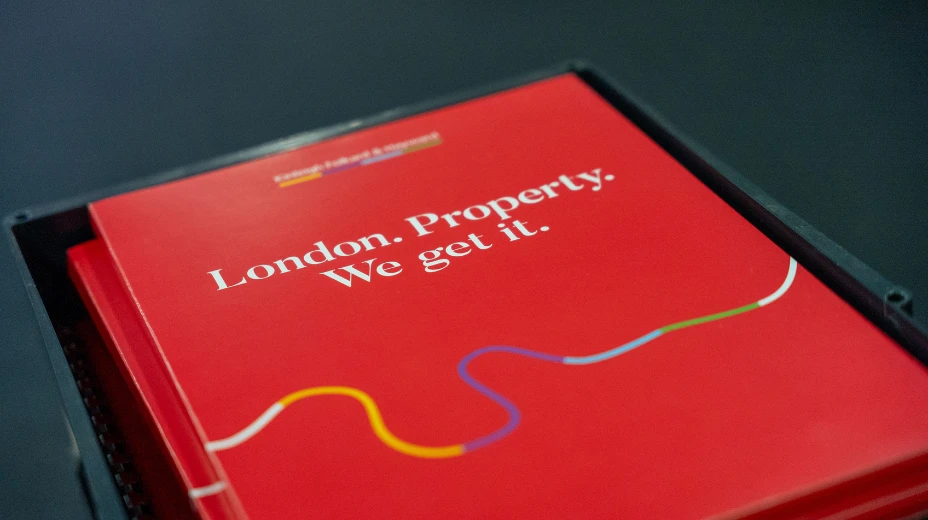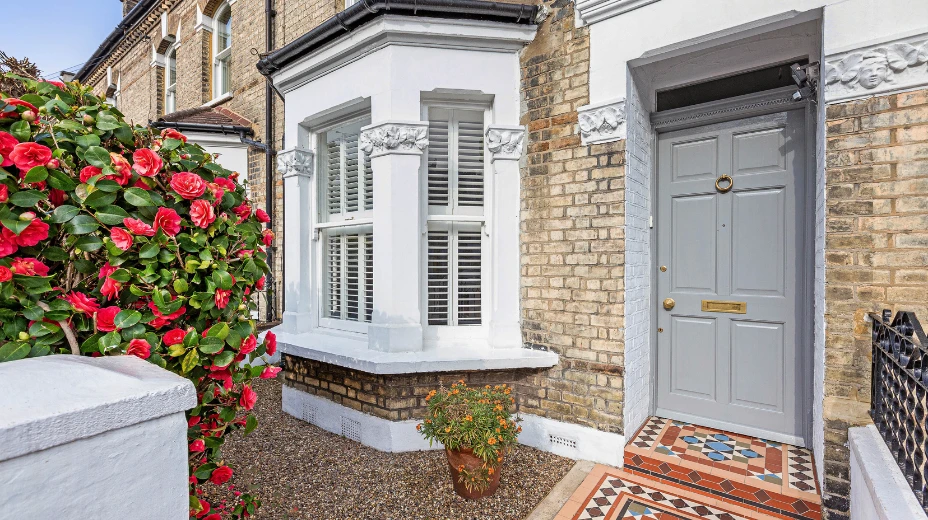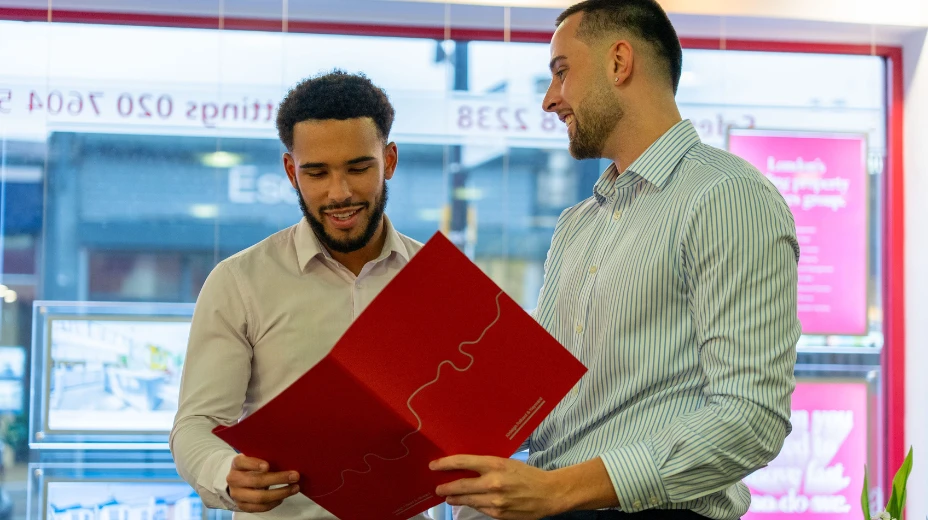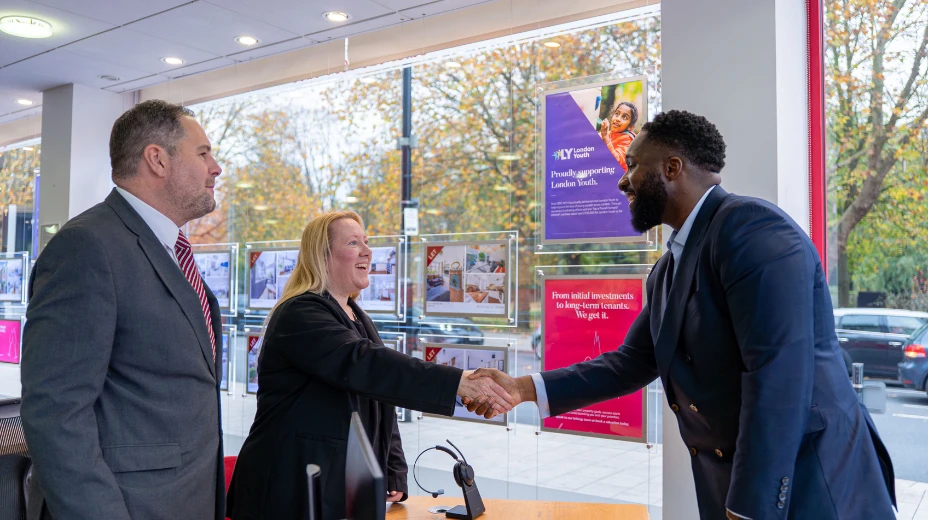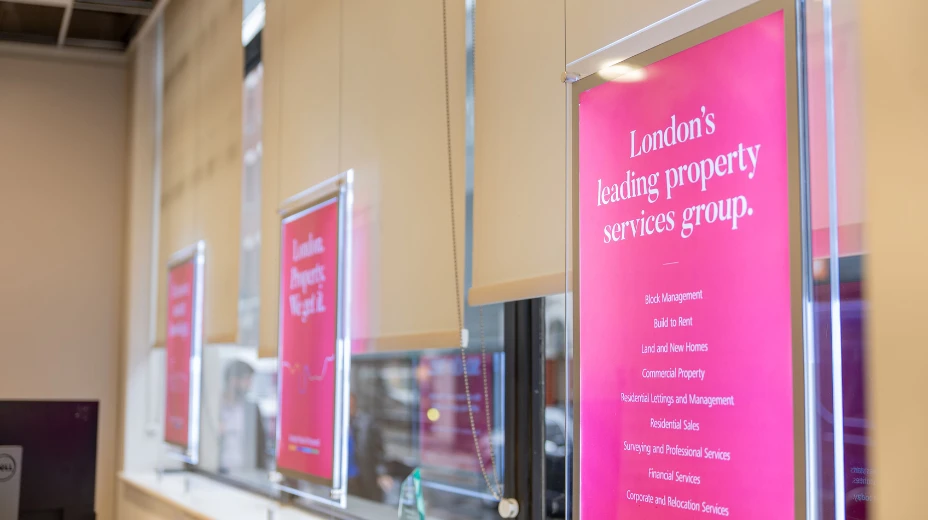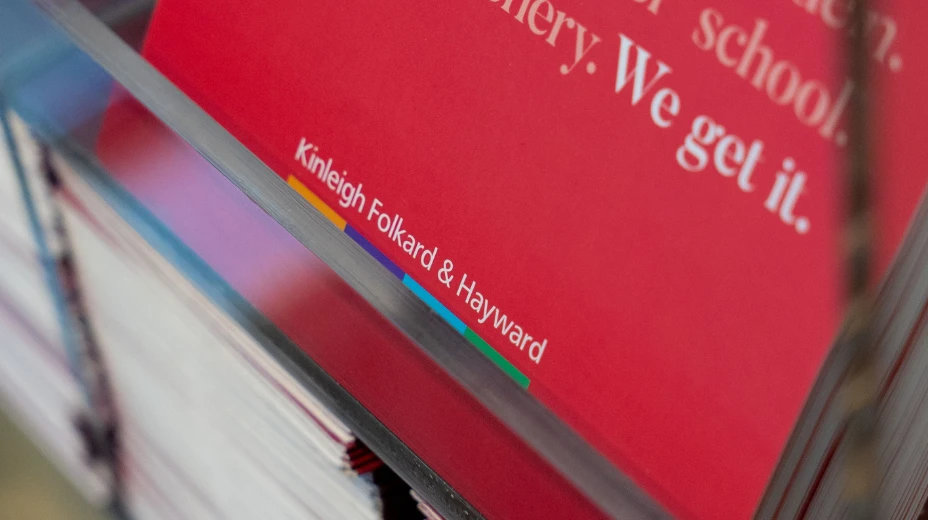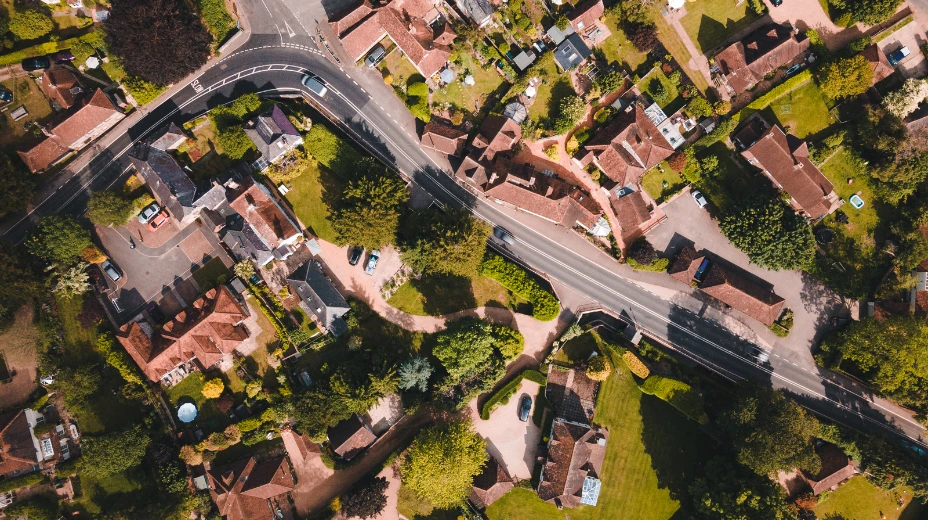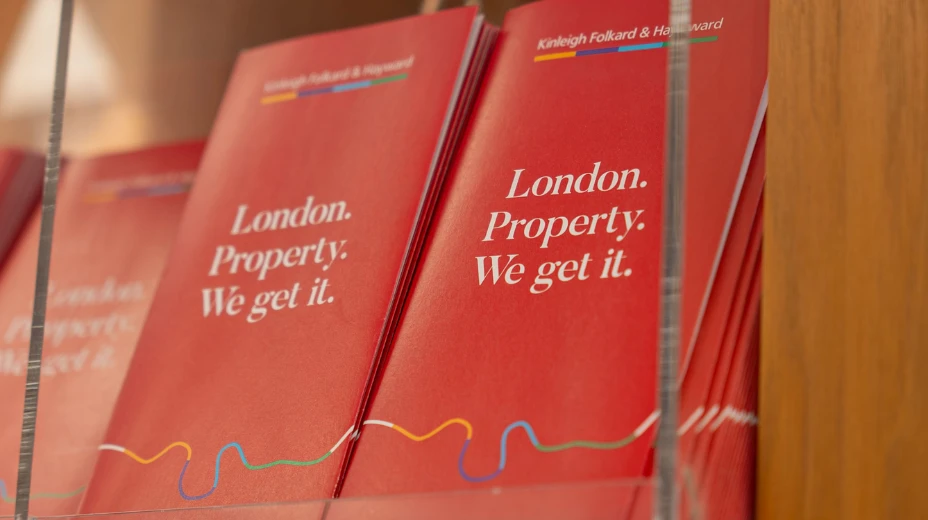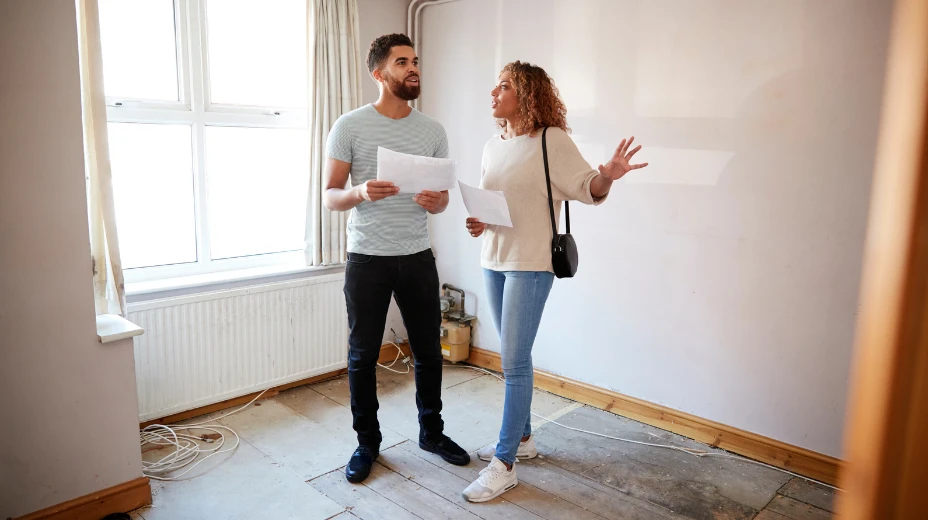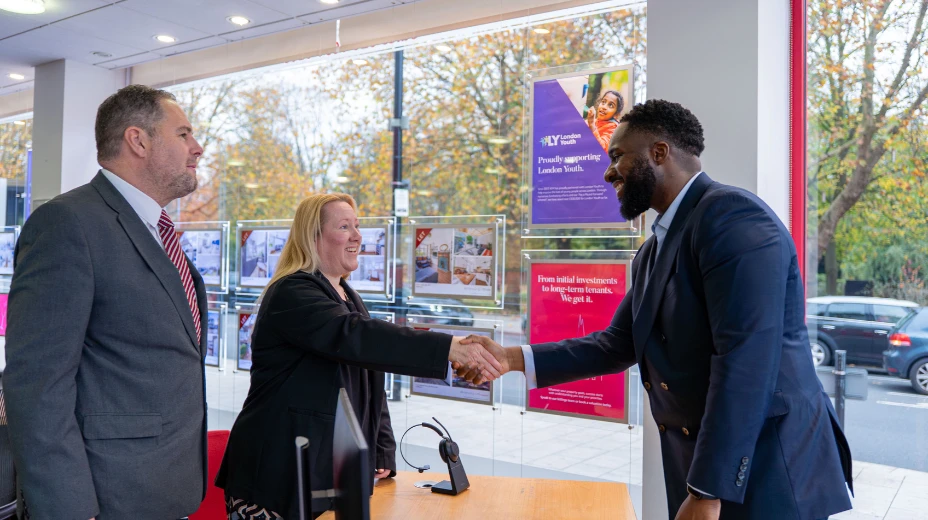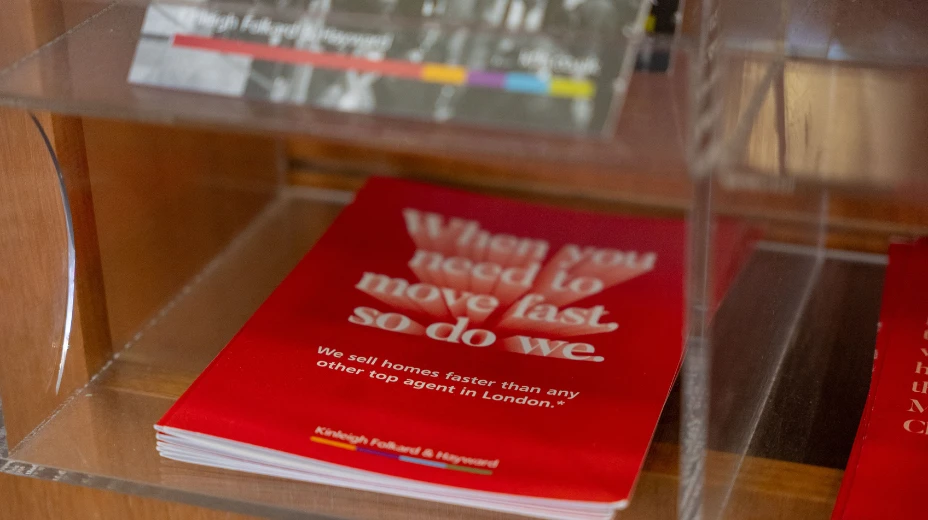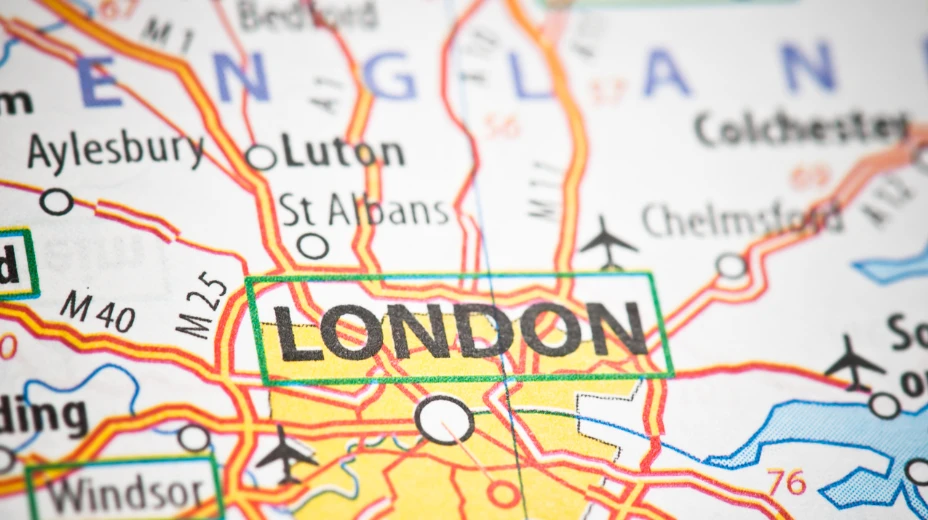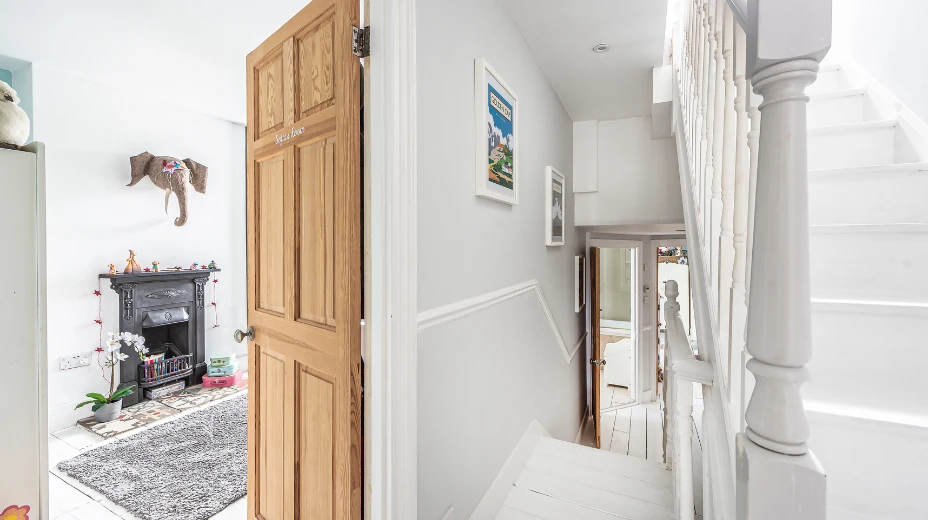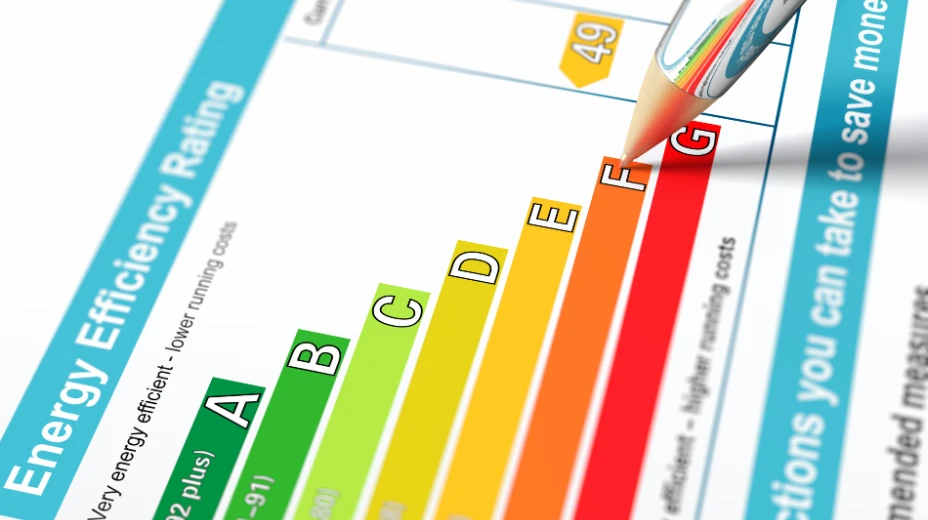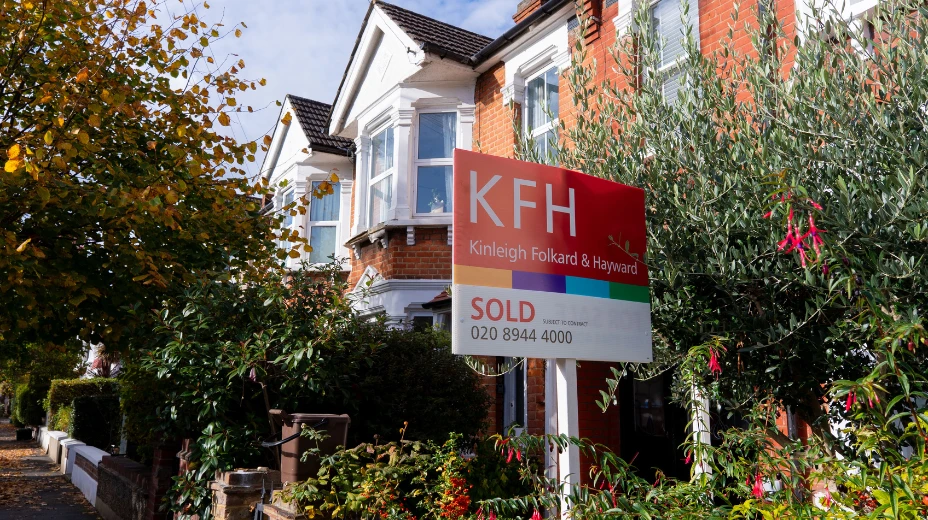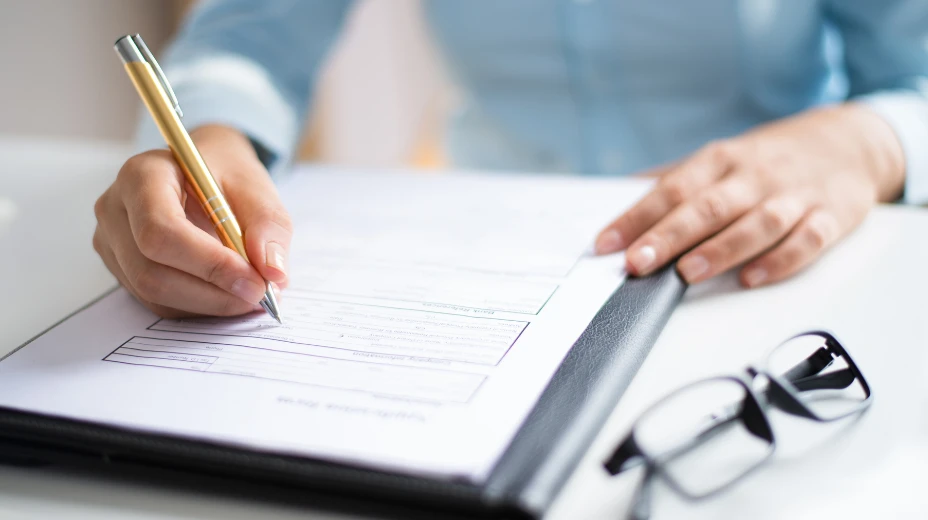Instructing a property solicitor
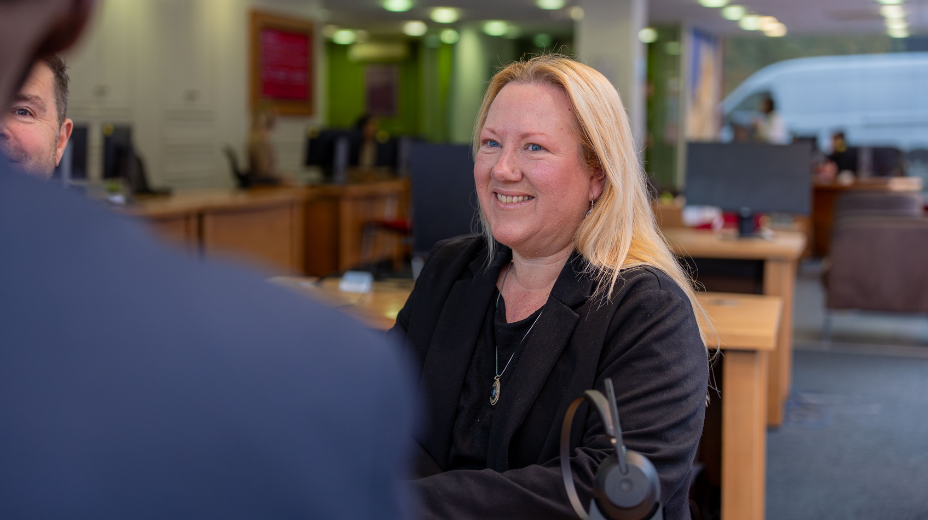
Buying a property involves several legal documents and procedures. To ensure your transaction runs smoothly and quickly, you’ll need a reliable property solicitor or conveyancer to handle the legal and administrative details.
What does a buyer’s solicitor do?
Your solicitor or conveyancer will manage every legal aspect of your purchase, including:
- Identity verification and formal instruction.
- Reviewing the contract bundle (draft contract, Land Registry documents, lease details, management pack, property information forms, building regulation certificates), checking boundaries, access rights, and restrictions and conducting searches, such as:
- Local authority planning checks
- Environmental and contamination reports
- Water and drainage connections
- Chancel repair liability
- Location-specific searches (e.g., coal mining)
- Assessing survey reports and advising on findings.
- Raising enquiries on missing or unclear documentation.
- Acting for your mortgage lender to meet their requirements.
- Managing funds transfer, exchange, and completion dates.
- Registering ownership with the Land Registry.
- Handling Stamp Duty Land Tax (SDLT) payments.
- Performing post-exchange checks to confirm no legal charges remain.
- Additional legal work (e.g., Declaration of Trust).
Types of conveyancing searches
There are two types of conveyancing searches that will be undertaken for the buyer. The first is personal searches, where all the required information is in the public domain. The second type is official searches, which need to be carried out by somebody within the council.
Common searches for London properties include:
- Local authority search: Highlight road upkeep, planned changes, conservation areas, tree preservation orders, contaminated land, compulsory purchase orders, planning breaches, and outstanding debts (e.g., Green Deal payments).
- Water & drainage search: Identifies drainage responsibilities.
- Environmental search: Identifies contamination risks.
- Flood risk search: Assesses flood vulnerability.
- Chancel repair liability search: Checks for church upkeep obligations.
- Land registry priority search: Confirms latest property records.
- Bankruptcy search: Ensures buyer eligibility for mortgage lending.
How much does a solicitor cost?
Conveyancing costs include legal fees that are charged by the solicitor for their time and disbursements which are third-party costs (searches, Land Registry fees, SDLT).
Many solicitors offer fixed fees for transparency such as no move, no fee’ guarantees (no legal fee if the purchase falls through before exchange).
Majority London conveyancing fees range from £850 to £1,500 including VAT, depending on complexity and solicitor experience. Always get at least three quotes and ensure they are fixed and fully inclusive to avoid hidden costs.
Choosing the right solicitor
Buying and selling property in London takes knowledge and expertise and it will be important for you to choose a solicitor that is experienced in the legal and administrative aspects of buying and selling property, especially in London.
A good mark of a quality conveyancer is the Conveyancing Quality Scheme (CQS) certificate awarded by the Law Society for those who offer a high standard of work.
Below are some questions to consider asking a conveyancing solicitor before you instruct them:
Do you offer a ‘no move, no fee’ guarantee?
- You don’t want to pay legal fees if your purchase falls through. A ‘no move, no fee’ guarantee means you won’t be charged the solicitor’s legal fee if the transaction fails before exchange.
Does your quote include everything?
- Many quotes exclude essentials like VAT, bank transfer fees, or other disbursements to appear cheaper. Always request a fully inclusive fixed-fee quote so you know the total cost upfront.
How busy are you right now?
- A solicitor with a heavy workload may take longer to respond, slowing down your transaction. Ask about their current capacity.
Do you use email instead of post?
- Digital communication speeds up the process. Some solicitors still rely on post, which can cause delays.
Will I deal directly with my solicitor?
- Direct contact often means better communication and less stress compared to dealing with intermediaries.
Can you offer virtual meetings?
- If virtual meetings aren’t available, you may need to take time off work or arrange childcare for in-person appointments.
Are you happy to work closely with my estate agent?
- Collaboration between your solicitor and estate agent helps keep the process smooth and efficient.
How experienced are you with this type of purchase?
- Complex transactions—such as leasehold properties, unusual conversions, houseboats, or new developments—require specialist experience. Confirm your solicitor has handled similar cases.
Do you have any holidays booked?
- It may sound unusual, but conveyancing often stalls when a solicitor is away without cover. Ask what arrangements are in place during their absence.




